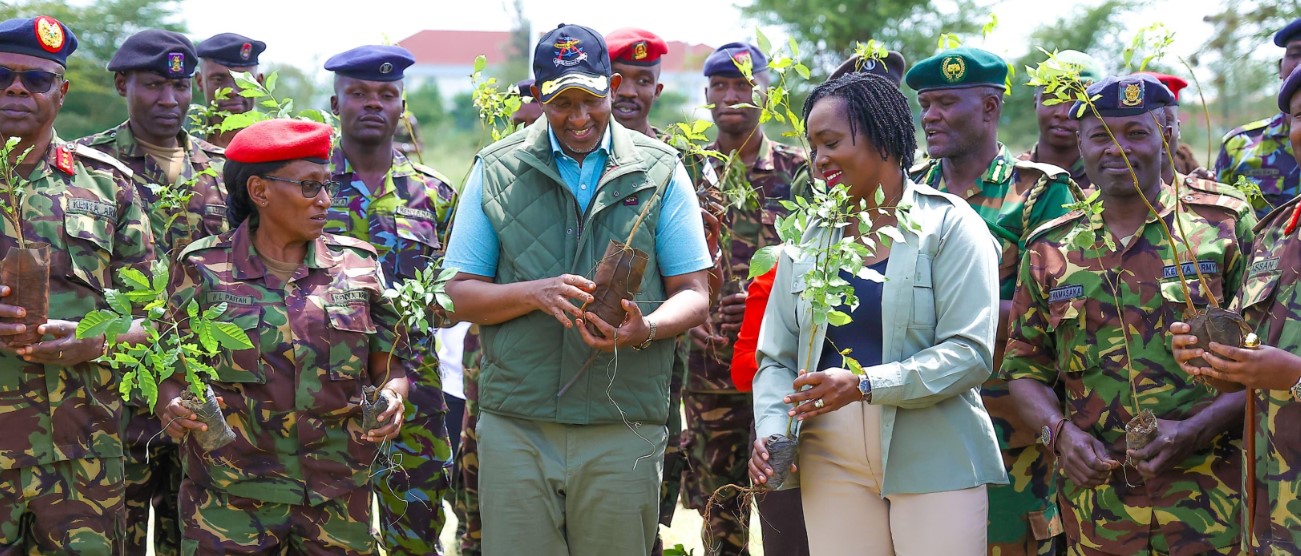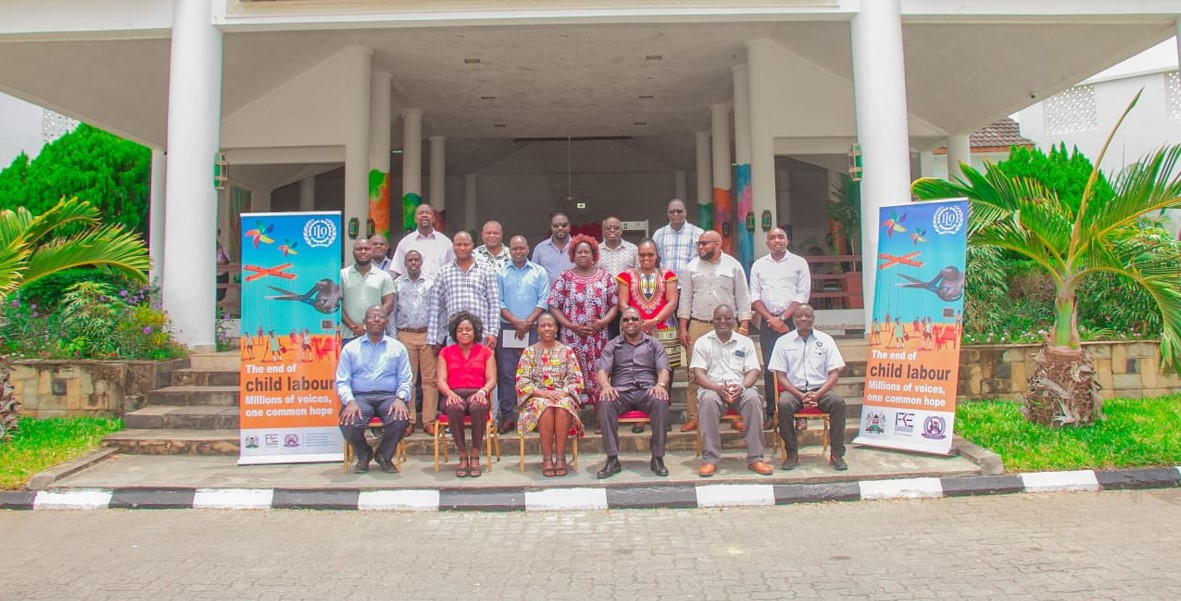ILO urges countries to fully invest in nature-based solutions to spur job creation

By Alfred Onyango |
The report recommends promoting workers’ rights and inclusiveness in the NbS jobs and strengthening research and data collection.
For a sustainable future characterised by additional job creation, an international lobby firm is calling on countries to substantively invest in nature-based solutions (NbS) such as urban green spaces, coastal protection, flood management and soil erosion control.
It says in its '2024 Decent work in nature-based solutions' report that the venture has the potential of creating additional jobs to a greater extent for countries globally.
Keep reading
- Turkana unveils private sector engagement framework to foster urban development
- African countries still lag behind in job creation, report shows
- Untapped potential of older workers key to addressing labour underutilisation
- Govt to address visa processing hurdles through international labour agreements
"Through targeted investments, NbS employment could increase by up to 32 million jobs globally," the International Labour Organisation (ILO) says in the report.
"The greatest gains would be in Africa, Latin America and the Arab states, where the number of people working in NbS could grow from the current 2.5 million to over 13 million by 2030."
It adds that the share of global NbS employment in these regions would increase from around five per cent currently, to over 40 per cent.
In Kenya, a case study of the country's 15 billion trees initiative reveals that the plan is flawed with a weak national implementation strategy despite its potential to create 400,000 to 1.1 million jobs every year.
Through the plan launched in 2022, the government aims to plant 15 billion trees by 2032, with the goal of raising the country's forest coverage from 12 to 30 per cent.
Transform Kenya's economy
Because of its ambition, the initiative is said to have the potential to transform Kenya's economy, society and environment by enhancing the productivity of the agriculture, fisheries, forestry, tourism and water sectors, while boosting other sectors further up the value chain.
"Once land is restored, ecosystem services like groundwater control, soil stability and fertility, pollination, and carbon sequestration will be greatly enhanced across Kenya," the organisation says.
"Another major benefit will be the increased resilience to climate change, needed urgently, as shown by the devastating impacts of the heavy rains and floods in May 2024."
To maximise the benefits of the initiative, ILO says the government must address the issue of informality, particularly prevalent in the forestry sector.
"A key next step is to strengthen the national implementation strategy, particularly on the job creation dimension. By doing so, the 15BT initiative could showcase how large-scale ecosystem restoration can combine job creation, economic growth and environmental restoration, thereby contributing to achieving the SDGs and global commitments under the Rio Conventions."
The quantification of job creation in the forestry sector will also strengthen the national economy, it adds.
Nevertheless, the report highlights that while employment estimates currently focus on NbS for environmental challenges like climate mitigation and biodiversity loss as well as land degradation, there is untapped potential for more "green-grey" infrastructure which integrates both the built and nature-based infrastructure (NbI).
In low-and middle-income countries where NbS work is more labour-intensive, it notes that there is a large scope for creating employment opportunities for vulnerable populations.
"With trillions of dollars of infrastructure investment in the pipeline for the coming decades, NbI offers an excellent opportunity to channel a significant amount into nature and drive decent work creation and more climate resilient infrastructure," said Mirey Atallah, Chief of UNEP's Climate Adaptation Branch.
Key recommendations from the report include strengthening policy frameworks, investing in skills development and enhancing worker productivity.
The report further recommends promoting workers’ rights and inclusiveness in the NbS jobs and strengthening research and data collection.
Reader comments
Follow Us and Stay Connected!
We'd love for you to join our community and stay updated with our latest stories and updates. Follow us on our social media channels and be part of the conversation!
Let's stay connected and keep the dialogue going!











